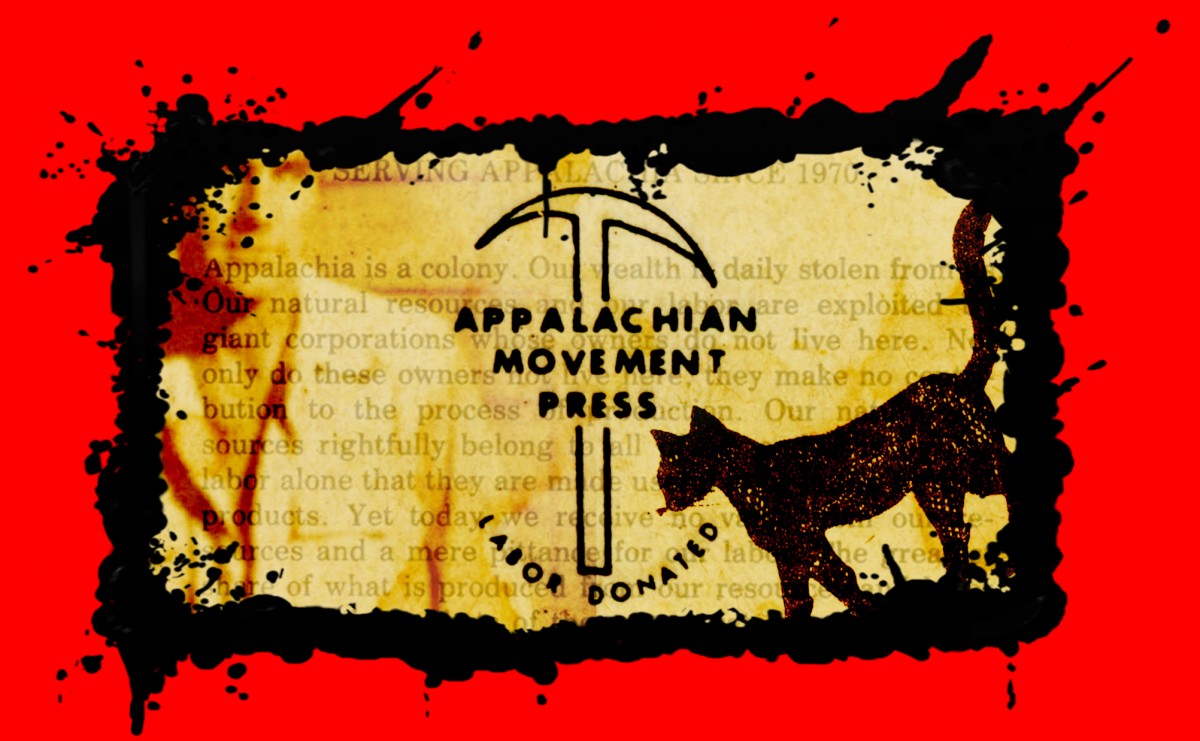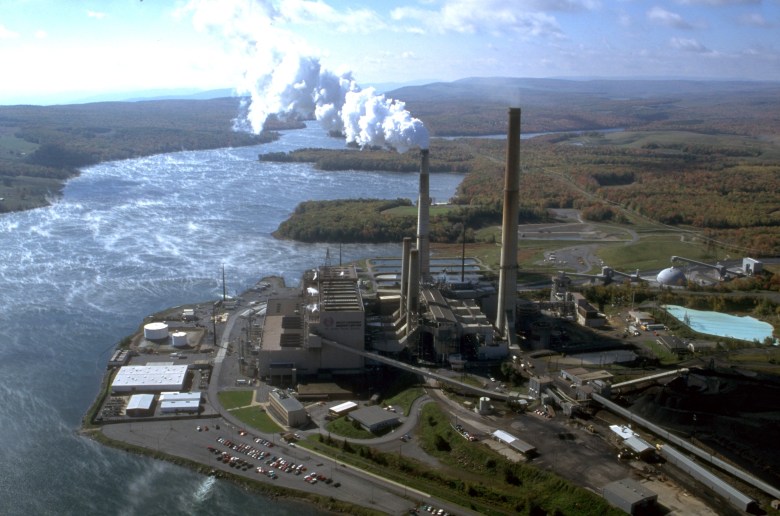Jamal White is a towering presence – his tall athletic frame can easily be seen at the end of the hospital hallway. But when you are up close and in his personal space, he is unassuming and gentle.The juxtaposition between his tender soul and large stature couldn’t be more striking.
Jamal works in the Emergency Department of the Berkeley Medical Center in Martinsburg, West Virginia, where he’s been on the staff there as a custodian for the past two years. On a cool Friday evening in November 2020, he quietly cleans a hallway as the COVID19 pandemic rages through his workplace.
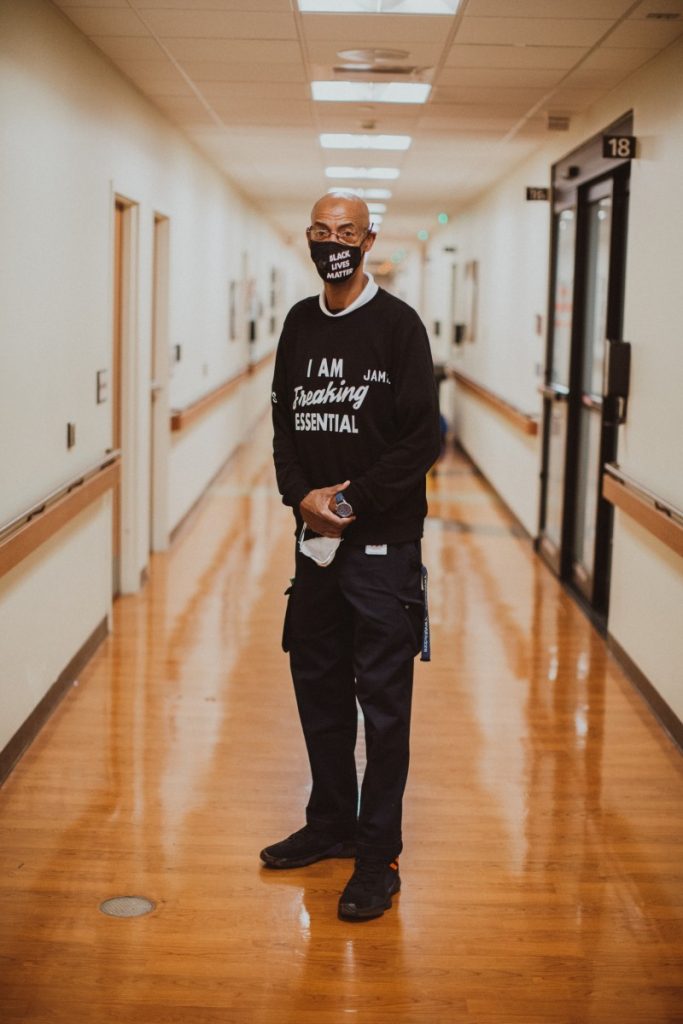
Jamal’s New York accent flavors his speech. He has a soft voice and a self-deprecating style, but that disappears as he firmly says,“I believe in hope. For me that means Helping Other People Everyday. HOPE,” Jamal nods with conviction.
“I look forward to coming to work everyday,” he says with a broad smile that you can easily see even beneath his mask. Despite working for months during a pandemic that has upended his day-to-day responsibilities, Jamal remains positive and forward-looking. As he speaks, his brown eyes flash above his mask. “I have a strong relationship with my coworkers.”
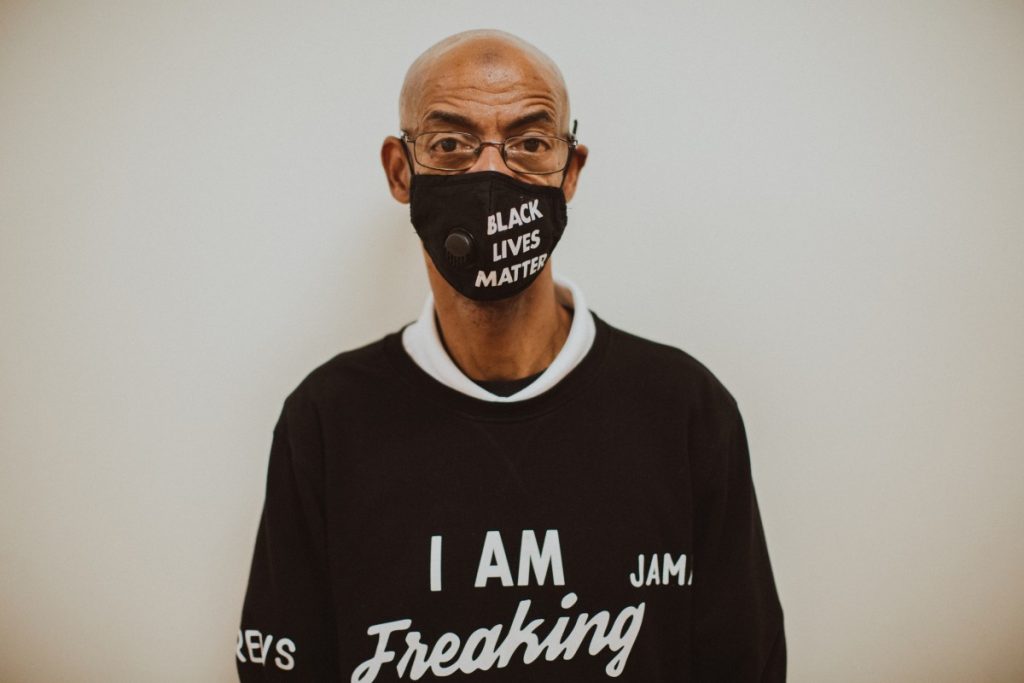
Pass out trays to patients? Jamal does that. Put equipment away? He does that too. Help the nursing staff? Yes, again. That wheelchair that needs to be returned all the way to the far end of the hospital? You know the answer. “I do whatever needs to be done – even if it’s not in my job description.” Jamal isn’t bragging, just saying.
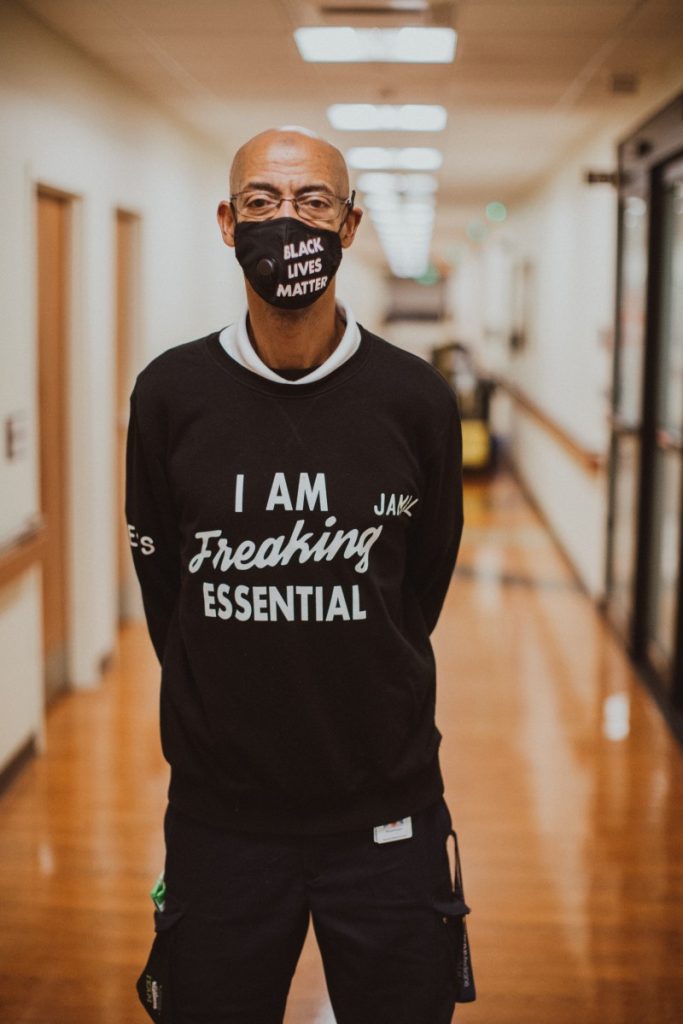
He says working in the pandemic, “isn’t really that bad. My mind tries to tell me that it is bad, but my spirit says it’s not.” But he admits there have been terribly difficult moments which will linger longer than the pandemic. Like many other healthcare workers, Jamal is exposed to emotional trauma on a daily basis. “I saw a toddler pass away in the trauma room. So that is embedded in me. I’ve seen more senior citizens come in here and it ruffles my spirit. I’m a senior citizen myself and it’s an eye-opener for me.”
“I grew up in New York City in the ‘60s and ‘70s, and I’m showing my age here, so I’ve seen some things. I lived through all of that,” Jamal reflects. “I think about what my children and grandchildren will have to go through. Life is too short to stay in the negative. This too shall pass. Not in my time, but it shall pass.”
Healthcare is Human is an independent podcast produced by Ryan McCarthy, Shruthi Sreekumar, Molly Humphreys and Kym Mattioli out of Martinsburg, West Virginia. Listen to their latest episodes on their Soundcloud or keep up with their latest work on Facebook.


